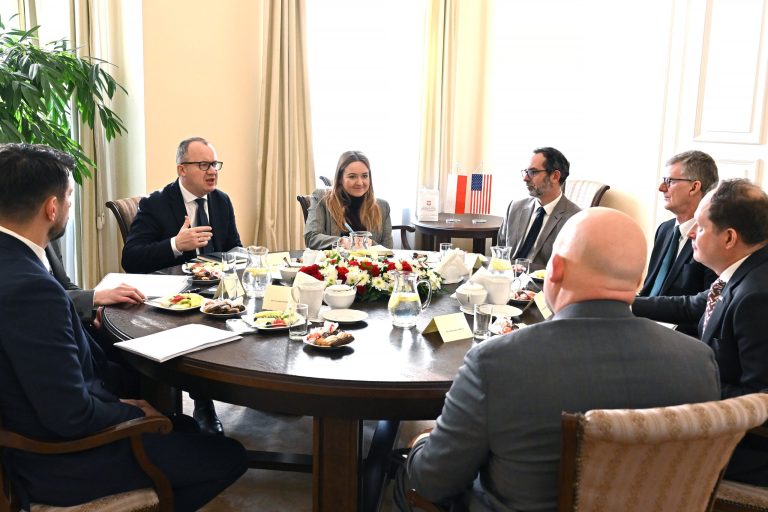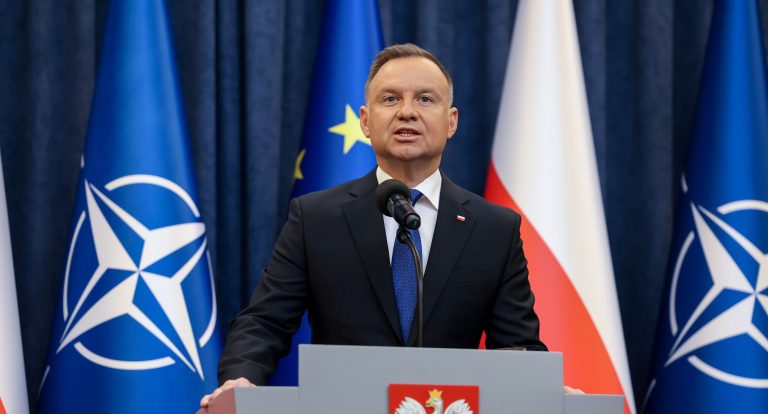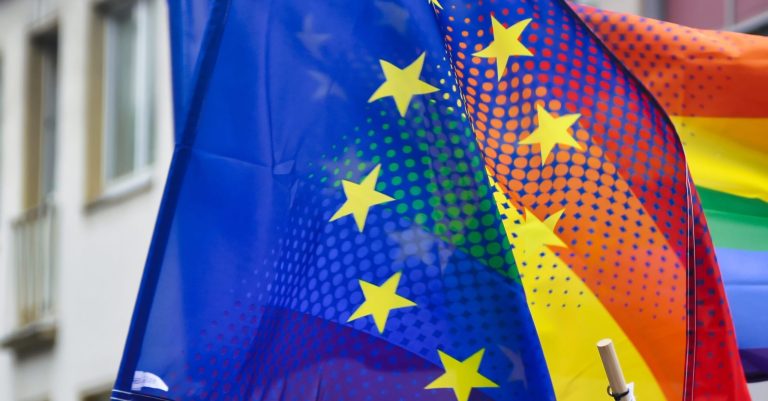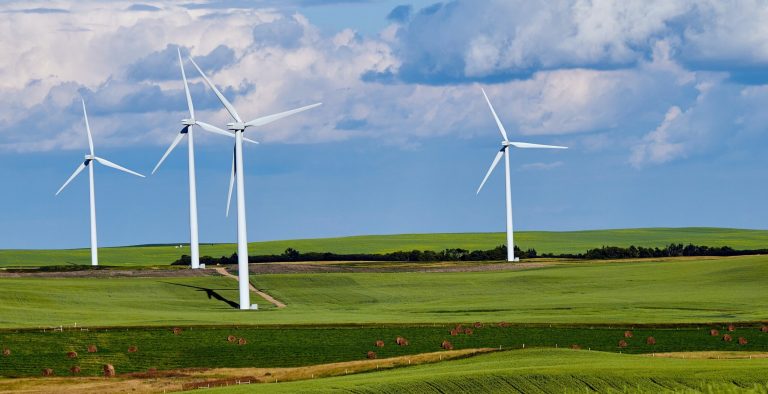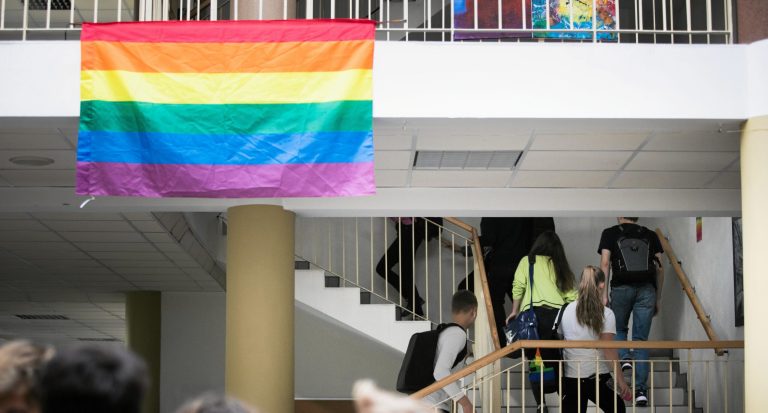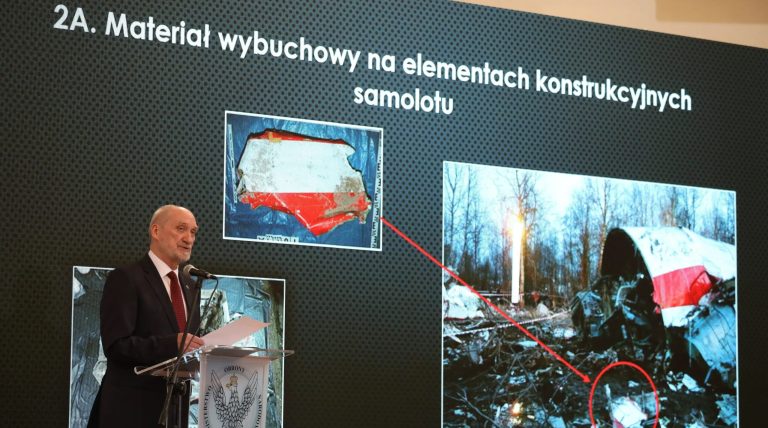Poland involved in prisoner swap between West and Russia
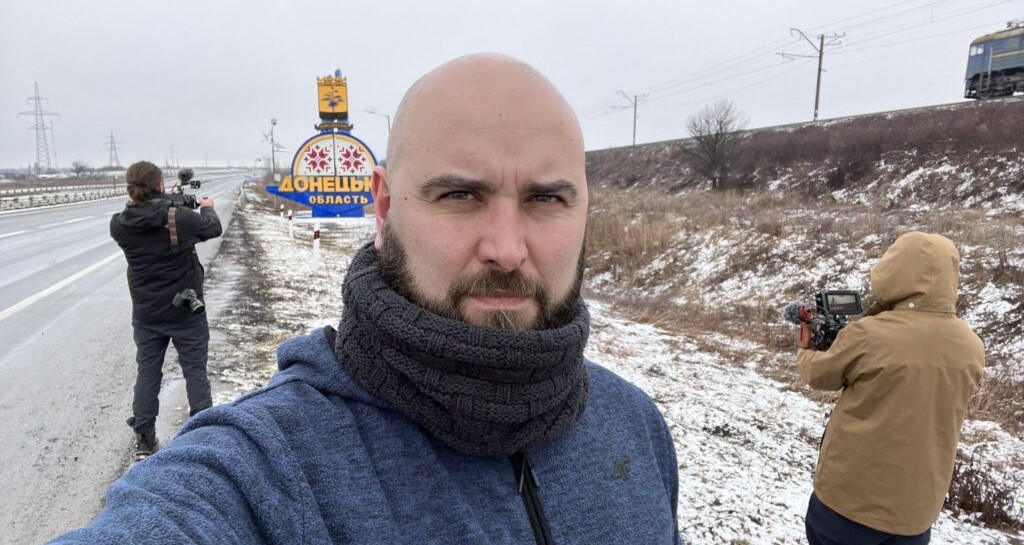
Poland was involved in today’s large-scale prisoner swap between Russia and the West. Reports indicate that Russian-Spanish dual citizen Pavel Rubtsov, also known as Pablo Gonzalez, who has been held by Poland since February 2022 on suspicion of spying for Russia while working as a journalist, was among those released.
As the exchange – the largest such swap in recent times – took place in Ankara, the Turkish authorities announced that it involved people who had been held in “the US, Germany, Poland, Slovenia, Norway, Russia and Belarus”.
The Insider, an investigative journalism website with a focus on Russia, reported that the prisoner from Poland involved in the deal was Rubtsov.
The Insider (ie @christogrozev) has the full list of today’s exchanged prisoners: https://t.co/zYJaLA7N5H
Freed from Russia:
✹ Evan Gershkovich
✹ Vladimir Kara-Murza
✹ Lilia Chanysheva
✹ Ilya Yashin
✹ Ksenia Fadeeva
✹ Andrei Pivovarov
✹ Paul Whelan
✹ Alsu Kurmasheva
✹…
— Kevin Rothrock (@KevinRothrock) August 1, 2024
Meanwhile, Polish Prime Minister Donald Tusk announced on Thursday evening that “the prisoner exchange operation has just ended, thanks to which Russian opposition heroes and detained citizens of NATO countries detained have left Russia”.
“The action was possible thanks to the involvement of our state,” he added. “I would like to thank President [Andrzej Duda] and the security services for their exemplary cooperation.”
In a comment to Polish news website Wirtualna Polska, Poland’s foreign ministry said that it could not confirm Rubtsov’s involvement as “the entire operation is covered by a confidentiality clause”.
Właśnie zakończyła się operacja wymiany więźniów, dzięki której Rosję opuścili bohaterowie rosyjskiej opozycji oraz obywatele państw NATO, przetrzymywani w Rosji. Akcja była możliwa dzięki zaangażowaniu naszego państwa. Dziękuję Prezydentowi i służbom za wzorową współpracę.
— Donald Tusk (@donaldtusk) August 1, 2024
Rubtsov was born in Moscow in 1982 and nine years later moved to Spain, where his name was changed to Pablo Gonzalez. He worked as a journalist for outlets including TV station La Sexta and newspaper Público.
He was detained on suspicion of spying for Russia on 27 February 2022 – three days after Russia’s invasion of Ukraine – in the Polish city of Przemyśl, which at the time was the main reception point for refugees fleeing Ukraine.
In the almost two and half years since then, he has remained in Polish custody, with courts repeatedly extending his period of pretrial detention.
Sorry to interrupt your reading. The article continues below.
Notes from Poland is run by a small editorial team and published by an independent, non-profit foundation that is funded through donations from our readers. We cannot do what we do without your support.
That led to campaigns by media organisations, including the International and European Federations of Journalists (IFJ-EFJ) and Reporters Without Borders (RSF), for his release.
“It is unacceptable for an EU member state to detain a journalist in such an arbitrary manner,” wrote the IFJ-EFJ earlier this year. It called on Poland to respect Rubtsov’s right to either be brought to trial in a timely manner or be released pending the trial.
According to The Insider, Rubtsov was accused of gathering intelligence for Russia’s intelligence services. His digital devices reportedly contained detailed reports on Zhanna Nemtsova, the daughter of murdered Russian opposition figure Boris Nemtsov.
Spanish reporter Pablo González is imprisoned on 28 February, it will be two years since he was arrested and held in pre-trial detention in Poland without any evidence of the allegations against him being made public and no trial in sight. https://t.co/vBfzzZDtaF https://t.co/53aJpywE9J
— TJATTE Hedlund (@TjatteHedlund) June 26, 2024
Main image credit: IPI.media

Daniel Tilles is editor-in-chief of Notes from Poland. He has written on Polish affairs for a wide range of publications, including Foreign Policy, POLITICO Europe, EUobserver and Dziennik Gazeta Prawna.

